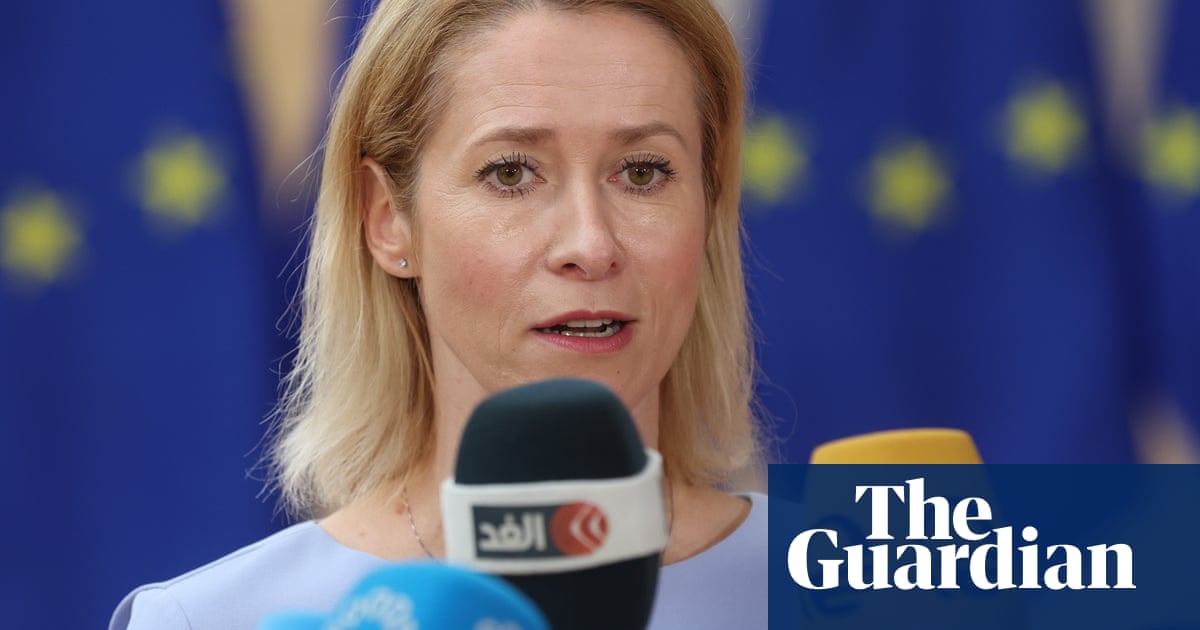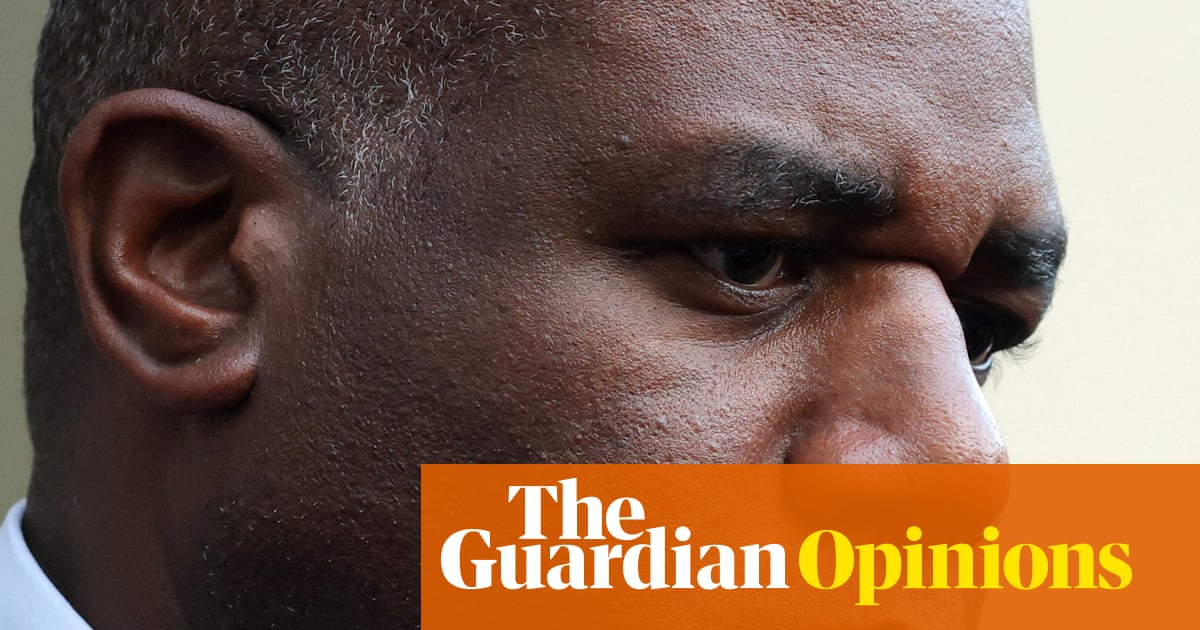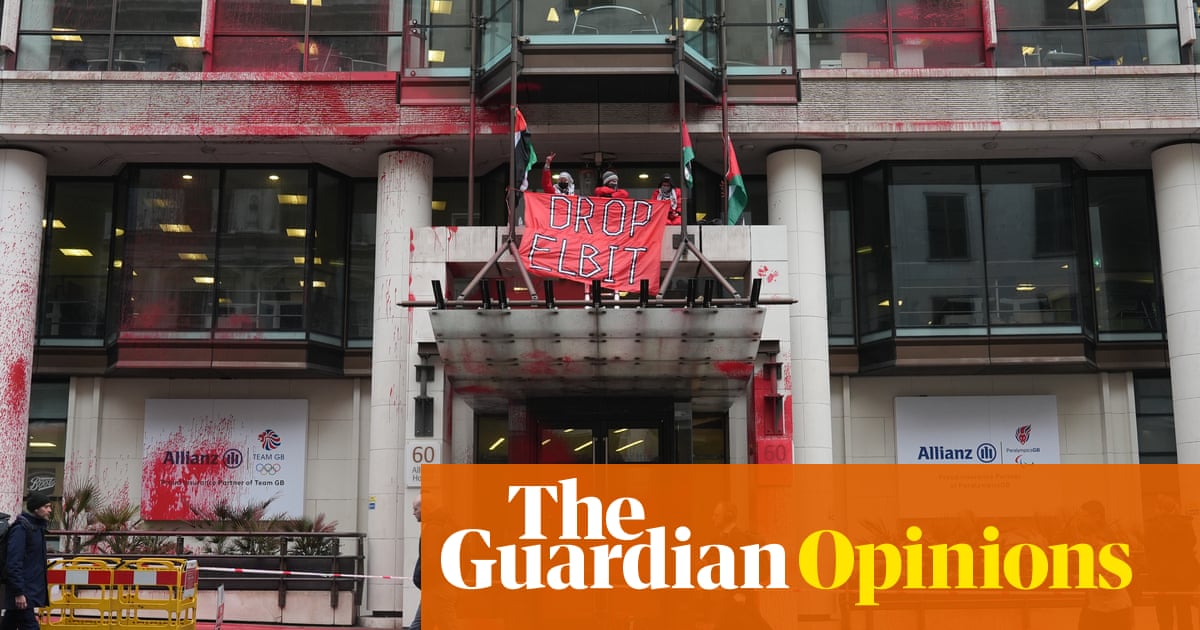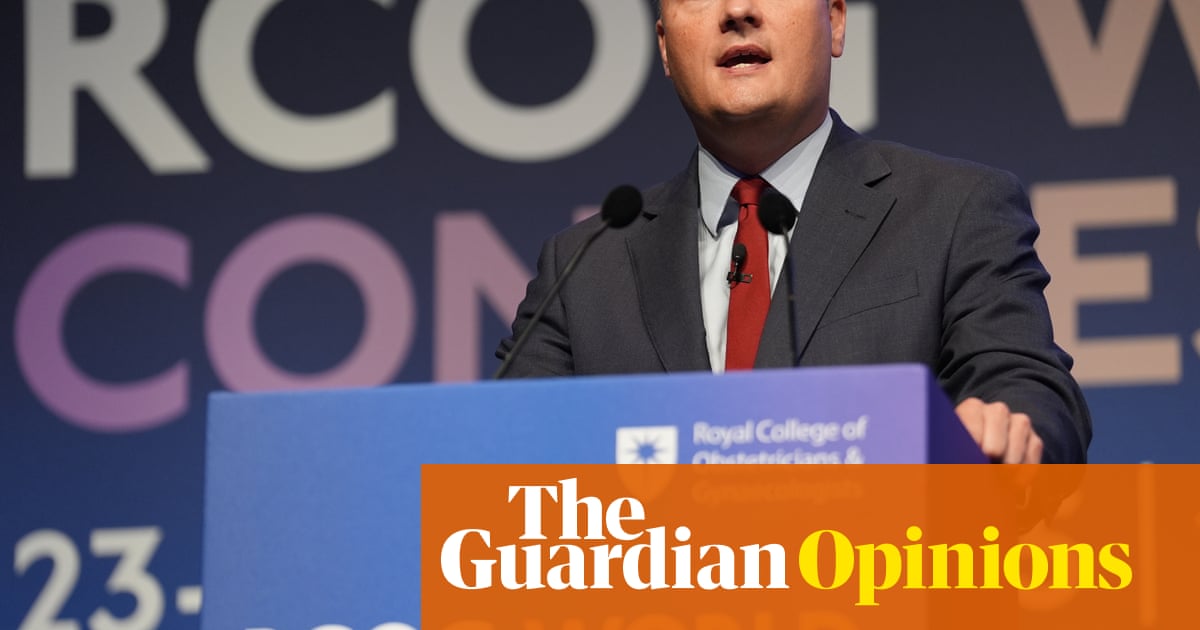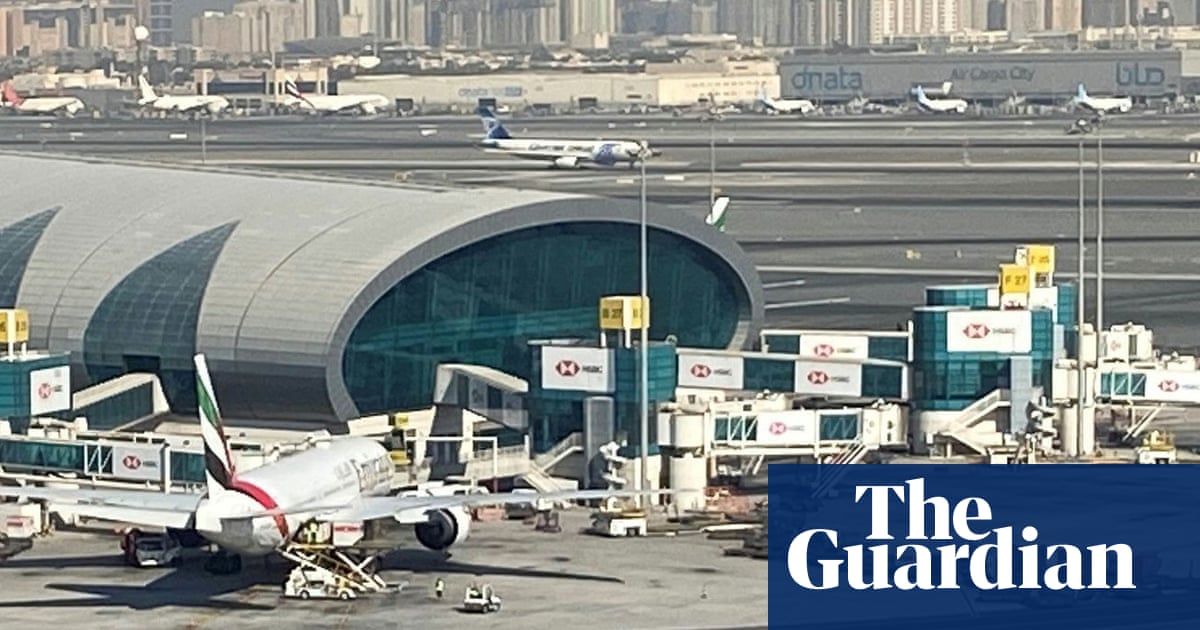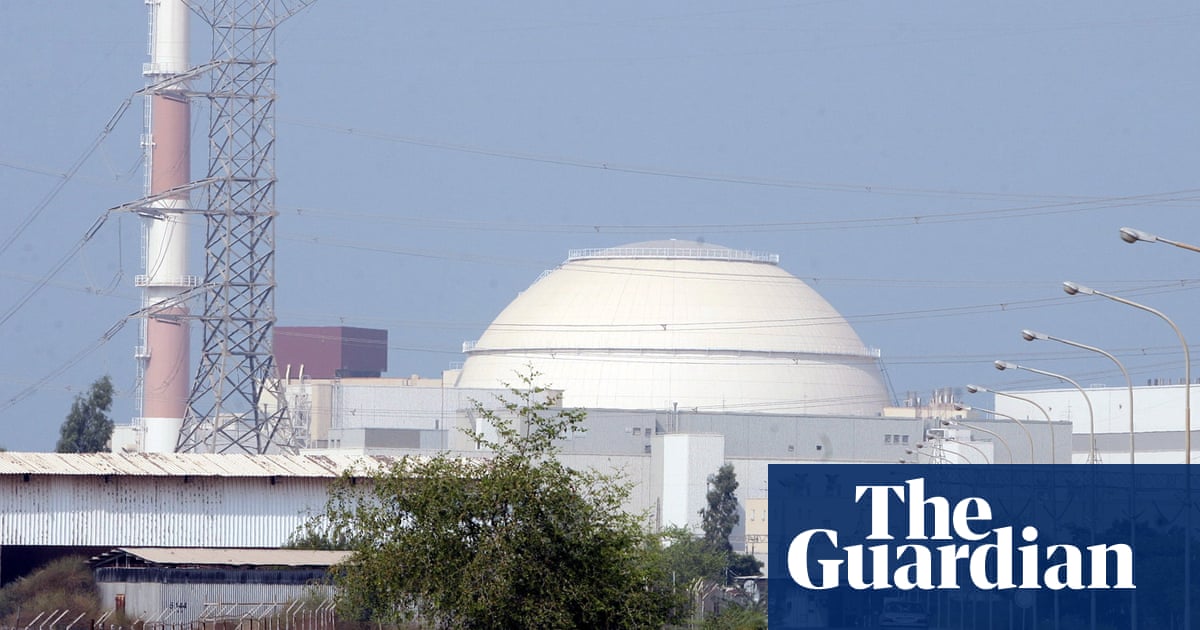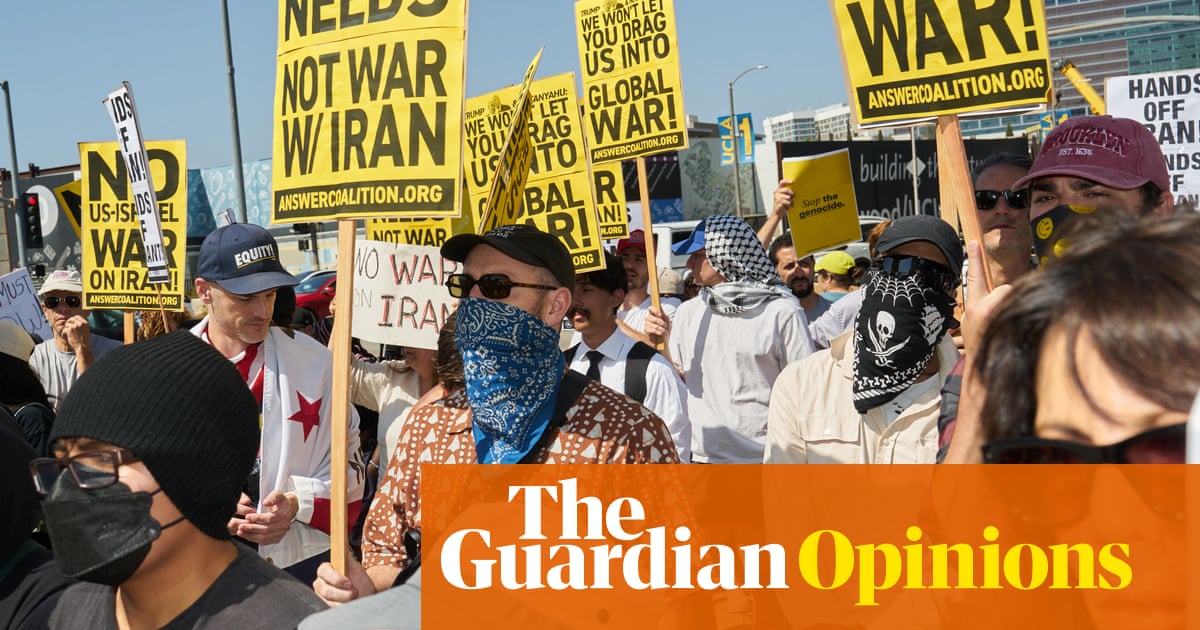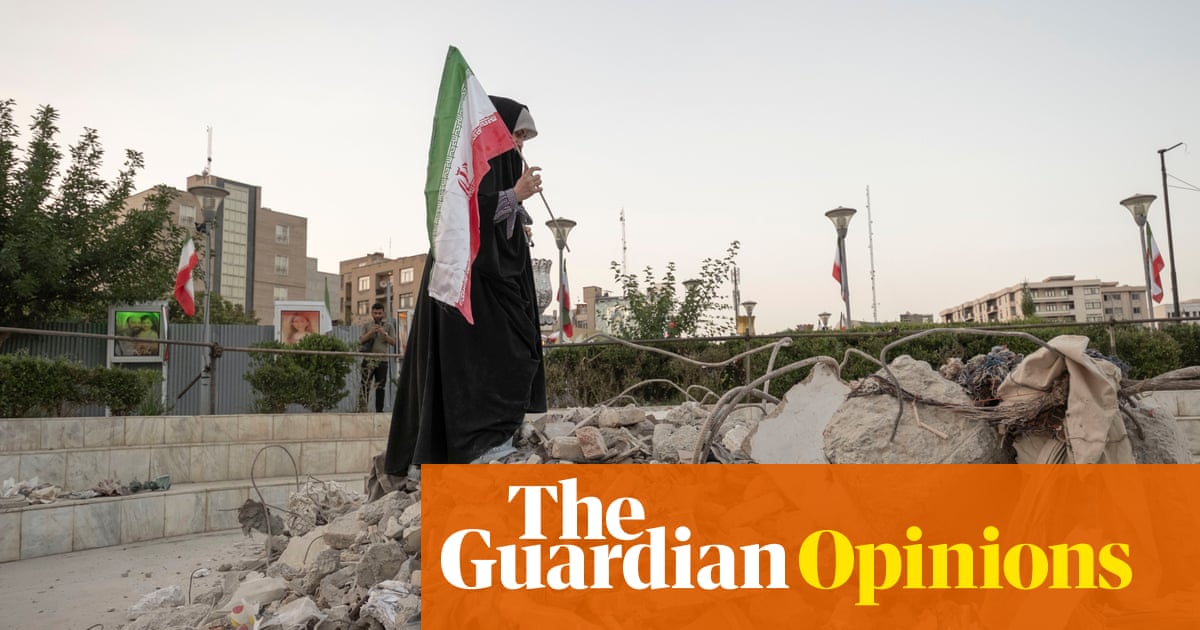Any Iranian move to close the strait of Hormuz waterway would be an act of monumental self-harm, David Lammy, the UK’s foreign secretary, said, as he continued to refuse to endorse the Israeli and American strikes on Iran, or lay out the UK view of their lawfulness.
Lammy said there was no need for the British government to say if the strikes were legal since the UK was not involved in the action and had not been asked by the US to take part, or to allow the US to use the UK’s Diego Garcia base in the Indian Ocean to target Iran.
The US used B-2 stealth bombers and a salvo of submarine-launched missiles to hit Iran’s nuclear facilities on Saturday night.
Lammy denied that the US was involved in regime change, saying the attacks were very targeted. No assessment had yet been completed on the effectiveness of the US attacks, he admitted, raising questions over whether Iran has moved its enriched uranium to a new site.
Lammy, in an hour-long statement to the Commons, also disclosed the first RAF plane had evacuated 63 British nationals and their dependents to Cyprus from Israel. He said negotiations were under way to help the 4,000 British nationals in Israel that had registered with the Foreign Office.
Referring to the Iranian parliament’s decision to vote for the closure of the strait of Hormuz, he said contingency plans were in place.
He told MPs: “Be in no doubt we are prepared to defend our personnel, our assets and those of our allies and partners. We are closely monitoring how energy markets are responding to the conflict. We have been extremely clear to the Iranians. Any action to blockade their Straits of Hormuz would be a monumental act of self-harm, making a diplomatic solution even harder.”
Lammy also repeated his plea for Iran to return to the negotiating table. He said: “My message for Tehran was clear, take the off-ramp, dial this thing down, and negotiate with the United States seriously and immediately.
“The alternative is an even more destructive and far-reaching conflict, which could have unpredictable consequences.”
For the first time since the crisis broke party political splits started to emerge with Liberal Democrats, Scottish Nationalists and Labour backbenchers, including the chair of the foreign affairs select committee, Emily Thornberry, challenging the trustworthiness of the US and the legality of its action.
Lammy was also repeatedly asked if the UK’s reputation as an upholder of rule-based order was not damaged if it could not admit the acts of its allies were unlawful.
By contrast the Conservative frontbench and Reform MPs congratulated the US’s actions, with some MPs backing regime change. Lammy said: “It’s not our belief that it is for us to change the regime of any country – that is for the people of that country.”
He added “I am confident that this is not about regime change and the Israelis have been clear they are not attacking the civilian population.”
Asked about the Israeli bombing of the gates of Evin prison in Tehran, he said he had been reassured in phone call by the Israeli foreign minister Gideon Sa’ar that “nuclear targets remained their objective and focus at this time”.
The UK has long taken the view that any public criticism of the US only reduces the UK’s private influence, but it has been rare for the government to be so circumspect in setting out its views on such a major crisis.
Lammy did implicitly question the wisdom of a US strategy based heavily on air power, pointing out that “strikes cannot destroy the knowledge Iran has acquired over several decades nor any regime ambition to deploy that knowledge to build a nuclear weapon”.
Thornberry expressed her concern over whether diplomatic negotiations favoured by Lammy would occur since that required a modicum of trust. She said given that Trump tore up the previous nuclear deal in 2018, Israel had ended the previous US-Israel talks by striking Iran and an emboldened Benjamin Netanyahu was talking about regime change, it is difficult to see how negotiations based on trust can take place.
Lammy also broke new ground by saying for the first time that the UK’s focus in any future diplomatic negotiations would be a requirement for Iran to accept zero enrichment of uranium, saying we have “moved on” from the 2015 Iran nuclear deal that allowed Iran to enrich to 3.75%.
Lammy insisted that Iran was in breach of its obligations by enriching uranium at levels of purity as high as 60% and said the country was engaging in deception and obfuscation.
Speaking to the BBC, he also refused to say if he agreed with the latest US intelligence assessment that Iran was close to securing a nuclear weapon, saying instead that he relied on the report from the International Atomic Energy Agency , the UN’s nuclear inspectorate, which said in its latest report it had no evidence that Iran was seeking to make a nuclear bomb.

 3 hours ago
2
3 hours ago
2



